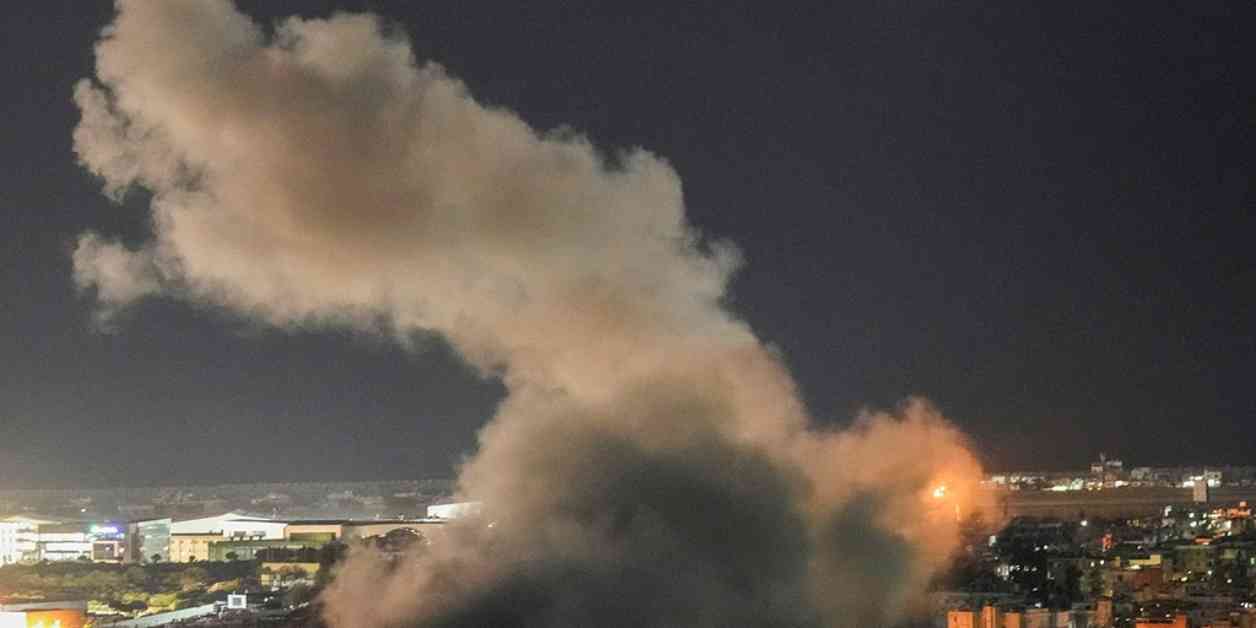President Biden’s advisors are working hard to broker a cease-fire deal between Israel and Hezbollah in Lebanon. This deal aims to replace the ineffective UN mission with a more effective resolution. The IDF continues to target Hezbollah terrorists in southern Lebanon, aiming to dismantle their infrastructure and weapons stockpiles.
US advisers Amos Hochstein and Brett McGurk are set to arrive in Israel to finalize the cease-fire deal. Israeli Prime Minister Benjamin Netanyahu is discussing a long-term agreement to end the conflict with Hezbollah. The potential deal involves Israeli enforcement of Resolution 1701 with the Lebanese army instead of relying on the controversial UNIFIL mission.
Hezbollah’s new leader, Naim Qassem, has vowed to continue the group’s fight against Israel despite the ongoing negotiations. The IDF recently eliminated a key Hezbollah commander, Mustafa Ahmad Shahadi, in an effort to degrade Hezbollah’s capabilities.
Despite ongoing rocket attacks from Hezbollah, the IDF estimates that the group’s missile capacity has been significantly reduced. The IDF has urged UNIFIL troops to withdraw from south Lebanon due to their lack of effectiveness in addressing the conflict. UNIFIL has been accused of turning a blind eye to Hezbollah’s activities in the region.
Lt. Col. Sarit Zehavi of the Alma Research and Education Center in Israel has highlighted UNIFIL’s role in enabling Hezbollah to build military infrastructure in southern Lebanon. The IDF recently destroyed a Hezbollah underground command center and explosives site in the area.
The situation in Lebanon remains tense as negotiations for a cease-fire continue. It is essential for all parties involved to work towards a lasting peace agreement that will ensure the safety and security of the region.




